How To Remove Car Scratches
Maintaining the perfect appearance of your automobile can occasionally seem like an endless struggle, particularly when it comes to those annoying dings that seem to pop up out of nowhere. Scratches may take away from the overall look of your automobile, whether they are the consequence of a small fender incident or a wayward shopping cart in the parking lot. But worry not—there are affordable, efficient methods for restoring your car’s lustrous paint and removing dents.
can car scratches be fixed?
Determine the extent of the scratches on your car’s surface before beginning the removal process. Small surface scratches, sometimes known as “swirl marks,” are usually treatable using quite easy methods. These might involve employing specialist materials that are easily found at auto supply stores, including polishing compounds or scratch removal kits. In cases where scratches are deeper and have pierced through the paint layer or clear coat, more involved techniques like wet sanding or expert repainting could be necessary. It’s important to proceed cautiously and patiently to prevent more damage to your vehicle’s paint job, regardless of the depth of the scratch.
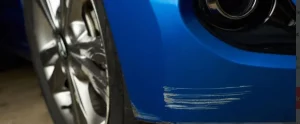
Although car scratches might be an annoying blemish on a once-perfect automobile, there are efficient ways to get rid of them. By learning how to remove automobile scratches, you may avoid paying for expensive expert repair services and save time and money. Simple do-it-yourself remedies may frequently provide remarkable improvements for recent scrapes that haven’t yet pierced the clear coat. Using a scratch remover solution made especially for car surfaces is one well-liked method. Generally speaking, these treatments function by covering the scratch with a material that resembles a clear coat, successfully blending it in with the surrounding paint and reducing its appearance.
Easiest Way to Remove Car Scratches
Analyse the Damage:
Determine the extent of the damage before beginning the scratch removal procedure. Ascertain if the scratch has pierced the base layer of paint or is only superficial, impacting solely the clear coat. This will assist you in selecting the best removal technique.
Clean The Area:
Use a mild vehicle wash soap and water to thoroughly clean the area that has been scratched as well as the surrounding region. This will guarantee a clean surface to work with and eliminate any dirt, filth, or debris that can obstruct the scratch removal procedure.
Apply Scratch Removal Product:
Use a clean microfiber cloth or applicator pad with a tiny quantity of scratch remover product applied to it for minor scratches. Gently massage the product into the blemish in circular strokes, taking care not to use excessive force. Buff the area repeatedly until the surrounding paint sparkles and the scratch starts to disappear.
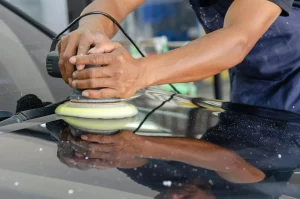
Review the Results:
Examine the findings to see if the scrape has been sufficiently treated after using the scratch removal product. You might need to attempt a different removal technique or repeat the operation if the scrape is still noticeable.
Retouching Paint:
Touch-up paint could be required for severe scratches that have pierced the paint’s base layer to accomplish a flawless restoration. Using a fine-tip brush, carefully apply the touch-up paint to the damaged area, paying attention to the manufacturer’s recommendations. Before moving on to the following stage, let the paint completely dry.
Apply Clear Coat:
To preserve the touch-up paint and guarantee a smooth finish, cover the affected area with a clear coat once it has dried. Before handling or washing the car, let the clear coat dry as directed by the manufacturer.
Professional Help (If Required):
DIY car scratch repair is not a solution if your car’s paintwork has sustained significant damage, such as deep scratches and rusted chips. It could need to be fixed by a qualified body shop or by an expert.
Remove Car Scratches with Toothpaste
As a supposedly low-cost do-it-yourself fix, toothpaste has gained popularity as a vehicle scratch cure. Although toothpaste includes mild abrasives that may be able to buff away small surface flaws, it is not very good for removing scratches from cars. While toothpaste’s abrasiveness could help remove minor scratches, its unique composition makes it ineffective for deeper scratches.
Furthermore, if toothpaste is not used very carefully, it may end up doing more harm to the paint of the automobile. To guarantee safe and efficient results, it’s best to use specialized automobile scratch remover solutions for larger or deeper scratches or to get expert assistance. Although toothpaste might provide a short-term fix for small flaws, it isn’t the best option for eliminating scratches from automobile surfaces.
what car scratches can be buffed out
Shallow car scratches that only puncture the paint’s clear coat layer are referred to as surface scratches or swirl marks, and they are frequently successfully removed with the right approaches. Light abrasions from brushing against shrubs or accidental contact with items like keys or fingernails are usually the cause of these scratches. It’s crucial to employ mild techniques, such as polishing compounds or scratch removal kits made especially for vehicle paint, to remove surface scratches.
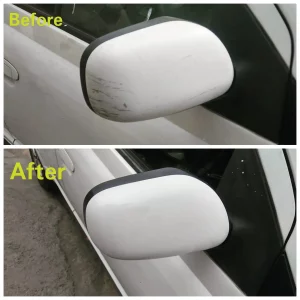
Through the careful use of these solutions and the use of circular movements when buffing the afflicted area, surface scratches may be minimized and the paint gloss restored, thus enhancing the vehicle’s overall look. Achieving more satisfying results may also be facilitated by making sure the surrounding area is clean and clear of dirt before starting the buffing procedure. While deeper or more serious scratches may frequently be removed using do-it-yourself approaches, it’s important to carefully evaluate them since they may need expert assistance or different restoration methods to get the best results and stop additional damage to the vehicle’s paintwork.
Conclusion
To sum up, everybody who owns a car and is concerned about keeping it looking nice should understand how to remove car scratches. It is possible to successfully treat defects and restore the car’s shiny condition by identifying the kind of scratches and using the right procedures. When it comes to repairing greater damage, expert aid is necessary, but for minor scratches, patience, and attention to detail are crucial when using do-it-yourself techniques like polishing chemicals.
Furthermore, adding protective coatings to susceptible parts and parking in designated spaces away from busy areas are two preventive steps and routine maintenance that can help reduce the likelihood of scratches. Car owners may protect their vehicle’s resale value and maintain a clean and glossy appearance for many years to come by being proactive and taking care of dings and scratches as soon as they occur. automobile scratch removal may be a doable undertaking with the correct information and technique, keeping your automobile looking great and drawing attention when driving.

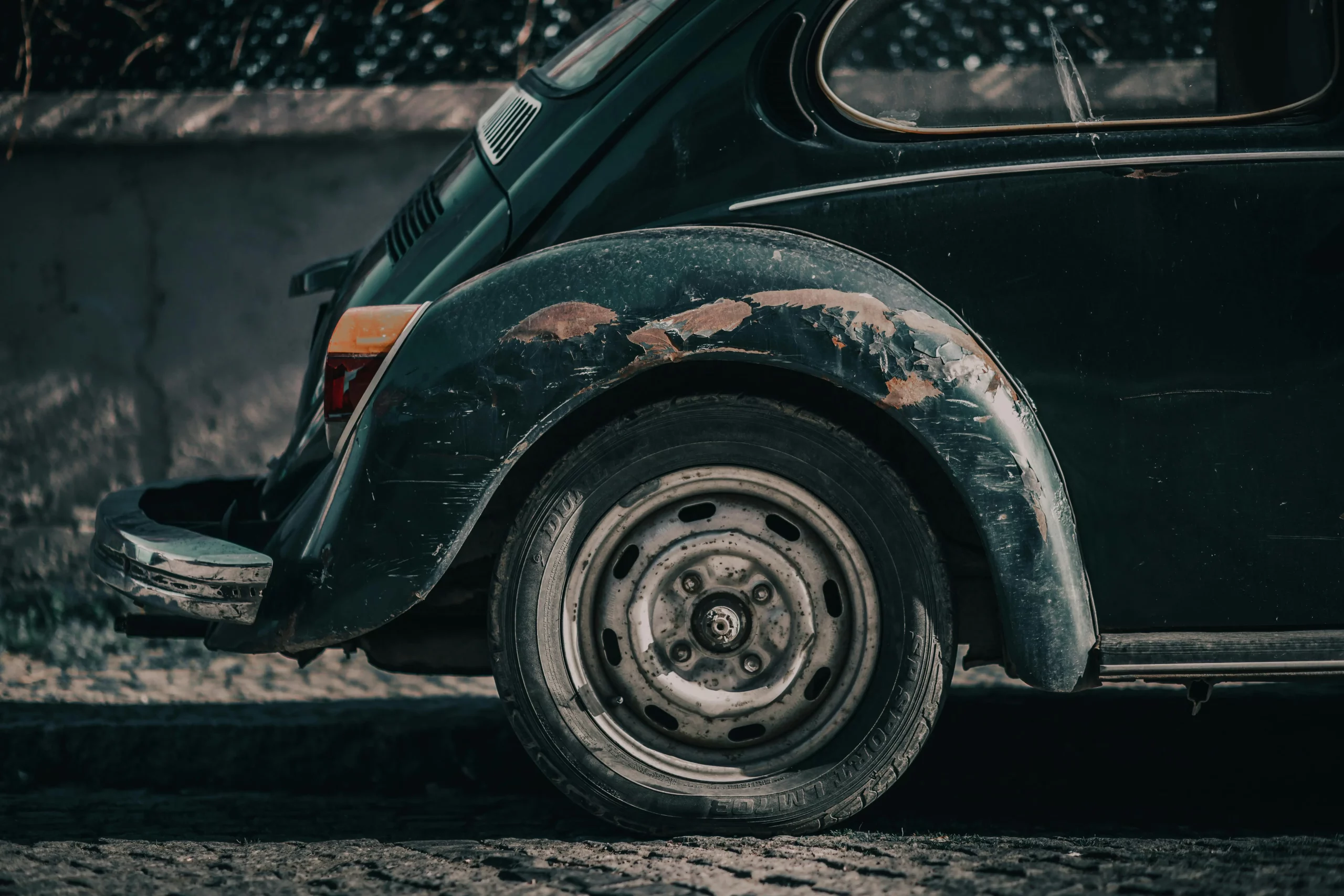
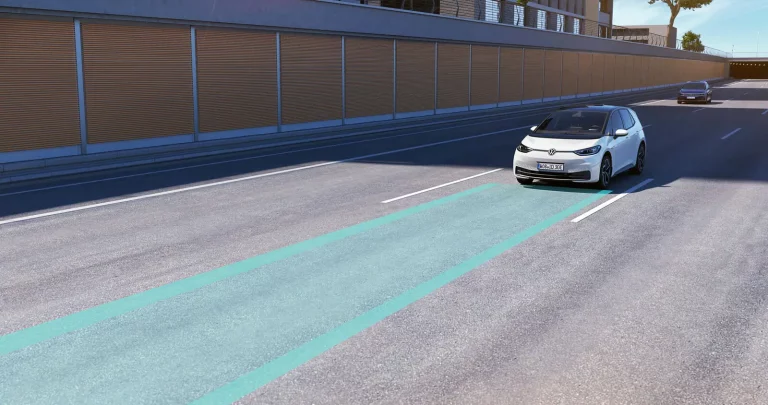
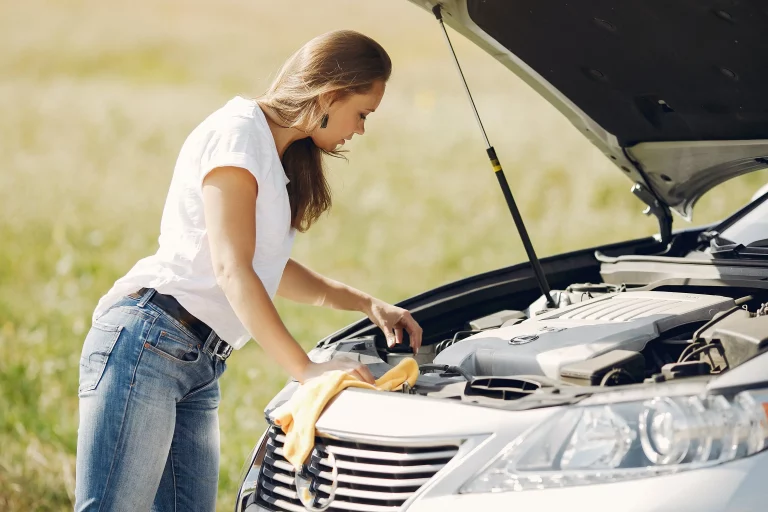

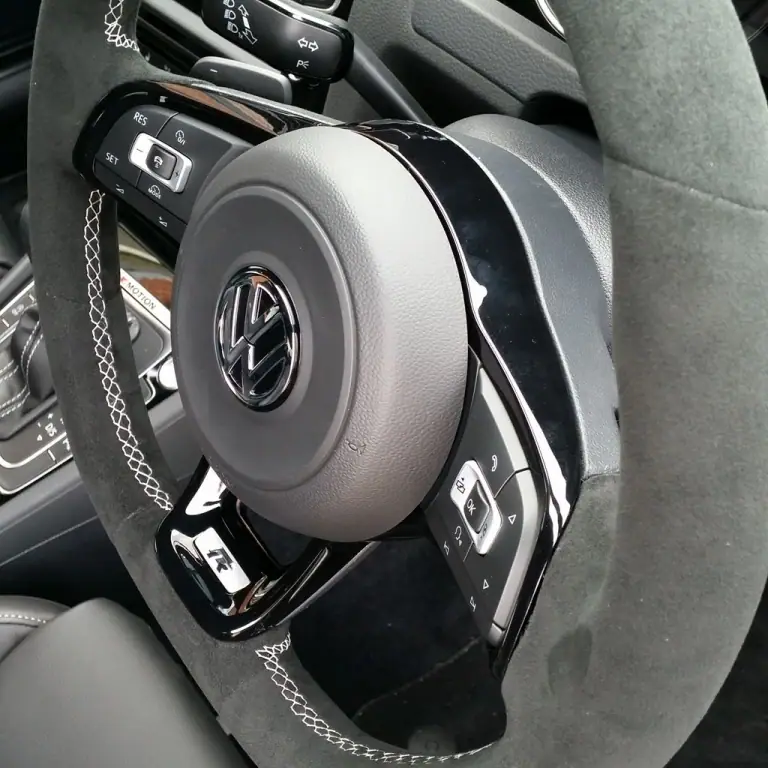
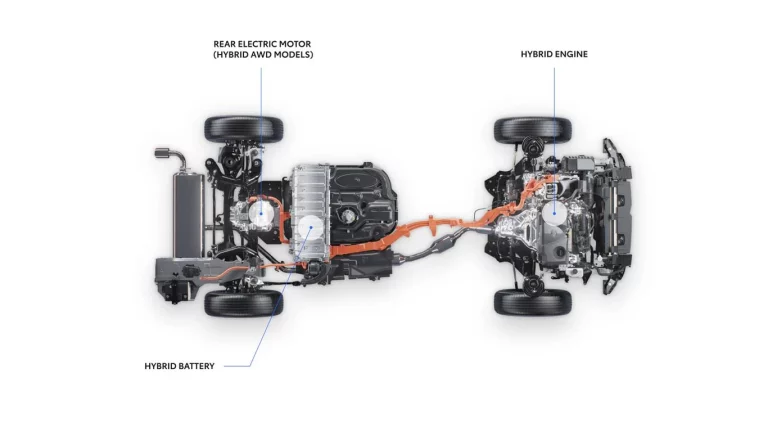
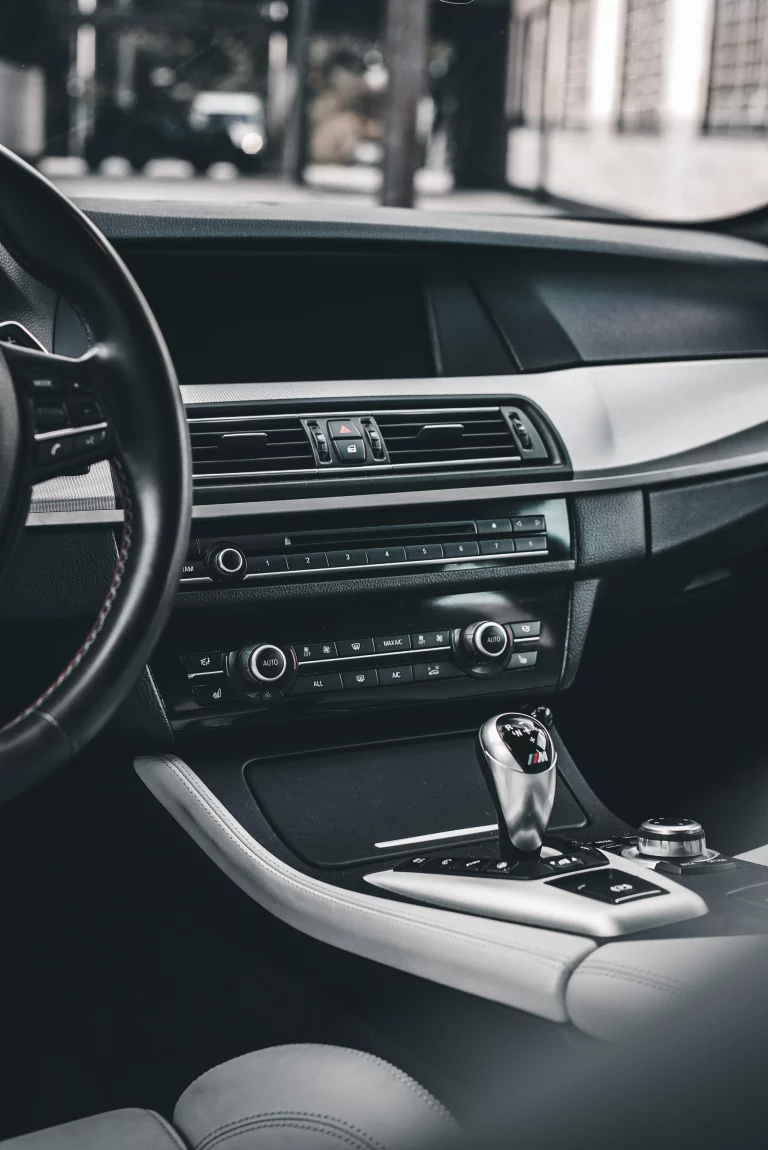
One Comment